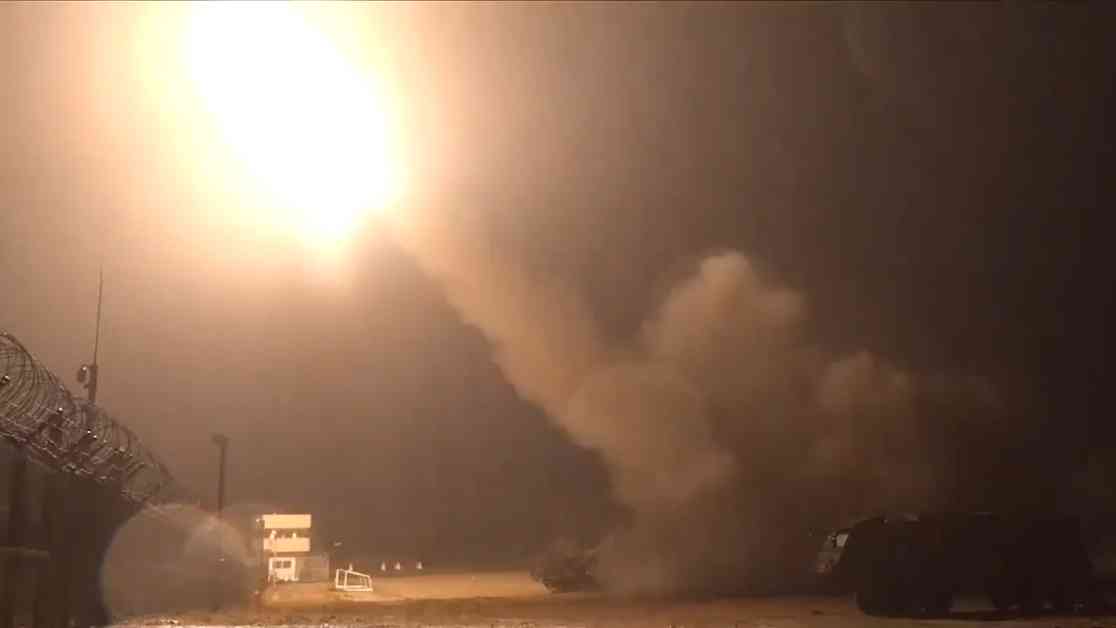North Korea conducted a significant missile test on Thursday, launching an intercontinental ballistic missile that could potentially reach the United States. This test, the first of its kind in almost a year, is seen as a demonstration of a new and more agile weapon system aimed at the mainland U.S.
The launch has raised concerns among neighboring countries and the international community. The U.S. National Security Council has condemned the launch as a violation of multiple U.N. Security Council resolutions, warning that it increases tensions in the region. The U.S. has reassured its commitment to the security of its homeland and its allies in South Korea and Japan.
South Korea’s Joint Chiefs of Staff suggested that North Korea may have tested a new type of solid-fueled long-range ballistic missile. These missiles are easier to transport and conceal, making them a more flexible and potentially dangerous weapon. The timing of the launch, just days before the U.S. election, is seen as a move to assert North Korea’s influence and bargaining power.
Japanese Defense Minister Gen Nakatani noted that the missile test displayed advancements in North Korea’s missile technology. The flight duration and altitude of the missile exceeded previous tests, indicating progress in their capabilities. Both South Korea and Japan have condemned the launch as a threat to international peace.
In recent years, North Korea has made significant advancements in its missile technology, raising concerns among foreign experts. While the country may possess short-range missiles capable of striking South Korea, the development of a nuclear-armed missile capable of reaching the U.S. mainland remains a challenge. North Korea’s involvement in the conflict in Ukraine has further heightened tensions and raised questions about potential collaboration with Russia.
The international community is closely monitoring the situation and coordinating efforts to address North Korea’s growing military capabilities. The latest missile test underscores the need for continued vigilance and diplomatic engagement to prevent further escalation of tensions in the region.


